
A clinician presenting at CROI discusses the phenomenon and offers insights and considerations for treating patients who are dealing with this.
John Parkinson is the assistant managing editor for Contagion. Prior to joining MJH Life Sciences in 2020, he has covered a variety of fields and markets including diabetes, oncology, ophthalmology, IT, travel, and local news. You can email him at jparkinson@mjhlifesciences.com.

A clinician presenting at CROI discusses the phenomenon and offers insights and considerations for treating patients who are dealing with this.

The unidentified German man cleared the virus after hematopoietic stem cell transplantation (HSCT), and seems to have eliminated the HIV reservoir, which would be further along than the first two HIV-free patients who underwent the same procedure.

Results reported at CROI showed that 2 cohorts of the ongoing, phase 3 DELIVER study that this form of PrEP modality posed no differences in pregnancy and infant outcomes.

A clinician offers insights on the initial conversations around learning to treat a chronic disease and the importance behind getting patients started down the right treatment path in the early days following a diagnosis.

The Conference on Retroviruses and Opportunistic Infections (CROI) begins today and SARS-CoV-2 has developed into a sustained topic at this annual conference.

The agency accepted 2 Supplemental New Drug Applications (sNDA) related to 2 different transplant populations.

Administered during the Omicron-dominant phase, the vaccine's efficacy was 73.2% in individuals 6 months to 4 years of age.

Ferring’s RBX2660 can be utilized by clinicians for patients with recurrent C diff.
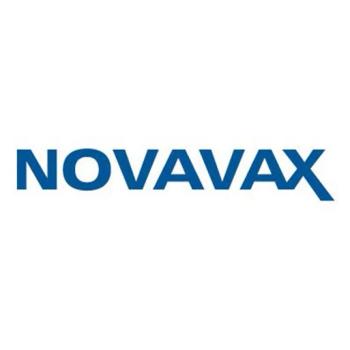
This extension of the partnership will include 1.5 million more doses of the vaccine.

A hospital reviewed both treatments in a real-world clinical setting to determine the effectiveness in preventing early and late recurrences.

The 2023 changes include vaccines for influenza, pneumococcal disease, measles, mumps, and rubella (MMR) and COVID-19.
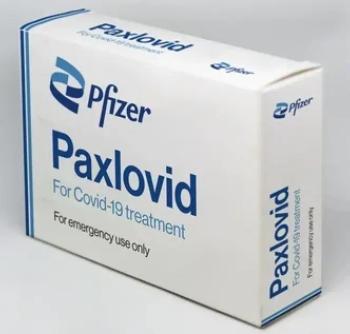
The antiviral did not modify SARS–CoV-2 RNA clearance, and did not increase the risk of adverse events.
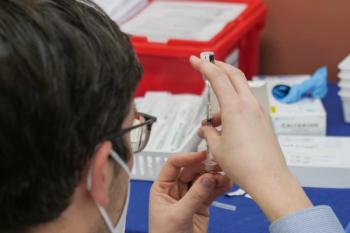
A phase 1 trial with the investigational vaccine, TNX-801, for the prevention of mpox and smallpox is expected to start in the second half of 2023.
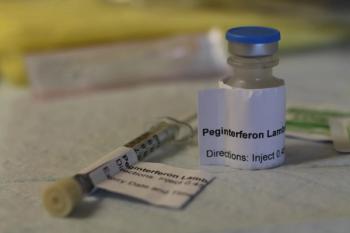
A single-dose of peginterferon lambda demonstrated efficacy in a largely vaccinated cohort and the therapy accelerated clearance of the virus.

Chinese investigators said genome analysis suggests 2 existing Omicron sub-variants, BA52 and BF7, were among the most dominant variants in Beijing.

A prominent researcher offers some insights on this emerging fungal infection.

FDA says products have the potential to be contaminated with Listeria and were distributed along the east coast in several states.

Looking to appeal to the financial incentives of antibiotic development, a recent policy paper explores how lives can be saved and a return of investment (ROI) can be realized.

Can a similar approach that brought breakthrough therapies for cystic fibrosis bring about much needed change to antibiotic development?

The agency said it was revising the Emergency Use Authorizations (EUA) for Lagevrio and Paxlovid in order to protect public health.
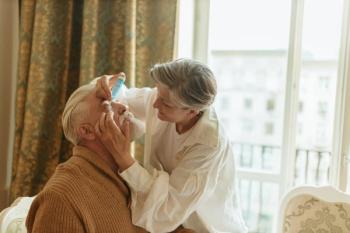
A specific brand, EzriCare Artificial Tears, has been associated with multidrug resistant (MDR) Pseudomonas aeruginosa. In addition, FDA has sent a letter to companies making claims of prevention and treatment for mpox.

The declaration set for May is a wind-down to allow health care and patients the time needed to adjust for the emergency to be over.

The designation was based on positive top line data from the ConquerRSV phase 3 efficacy trial.

The investigational therapy developed by Entasis is indicated for treatment of Acinetobacter baumannii.

In the latest Morbidity and Mortality Weekly Report, authors offer some strategies to avoid SARS-CoV-2 infection in this patient population as well as the US government changes course on COVID-19 vaccine policy.

The federal agency does not want clinicians utilizing this neutralizing antibody as newer, circulating COVID-19 strains and efficacy against them is limited.

In the CDC’s latest Morbidity and Mortality Weekly Report, investigators reported the Moderna and Pfizer-BioNTech updated vaccines helped prevent acute infection from the latest Omicron mutations.
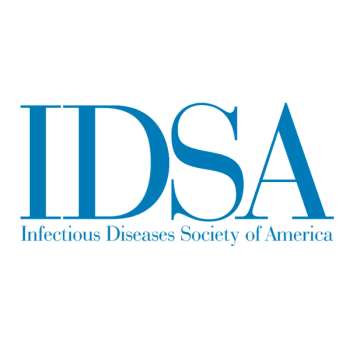
The new guidance looks at preexposure and postexposure prophylaxis as well as treatment for COVID-19.

A new study demonstrated continuous neutralization after 3 doses.

In this week’s meeting, FDA is expected to ask their advisory committee to consider changes to simplify the vaccination schedule and look at delivering it annually, much like an influenza vaccine.